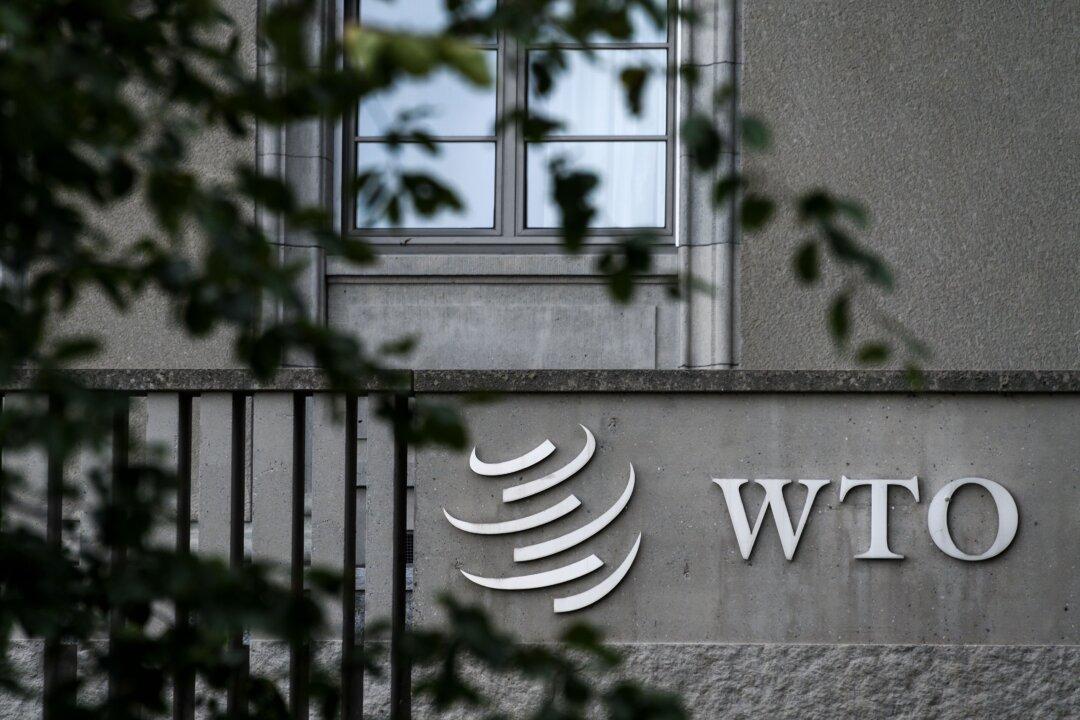Commentary
The year 2021 marks the 20th since China became a member of the World Trade Organization (WTO). There have been a large number of publications either commemorating or reassessing the Chinese regime’s participation in the WTO.

The year 2021 marks the 20th since China became a member of the World Trade Organization (WTO). There have been a large number of publications either commemorating or reassessing the Chinese regime’s participation in the WTO.